
An incisional hernia is a type of hernia which develops at the incision site. It represents protrusion of abdominal organs through an old scar. This particular area, which has been once opened and then closed, represents a weak spot and may allow some organs from the abdomen to protrude. The condition predominantly affects individuals with increased abdominal pressure which forces protrusion of certain organs through weak spots on the abdominal wall. Incisional hernia may develop soon after surgery or even months or years later. In all cases it generally develops suddenly but progresses gradually. Fortunately, even if it occurs, incisional hernia is successfully treated. Repair surgery, however, has to be performed as soon as possible in order to prevent potential complications.
Incisional Hernia Symptoms
Incisional hernia typically leads to swelling at the incision site. The bulge is initially small, then grows in size. The affected area may be tender to touch. One also complains about discomfort while performing some physical activity such as lifting. Coughing and straining of any kind leads to enlargement of the bulge at the incision site.
If the hernia can be pushed back into the abdomen, it is termed as reducible hernia. If this is not possible and the content of the hernia remains in the bulging part at the incision site, such hernia is know as incarcerated hernia. Incarcerated hernia is a huge risk factor for further complications.
Apart from the clear bulging at the incision site, patients also complain about persistent pain at the site of the scar, abdominal pain and swelling, nausea/vomiting, discomfort and uneasiness while having bowel movement and they sometimes have to deal with constipation.Incisional Hernia Treatment
It is not hard for a well-experienced physician to confirm incisional hernia. This is best achieved if the patient is asked to cough. This activity will cause bulging at the operated site due to increase in abdominal pressure.
The very treatment for incisional hernia basically depends on whether the hernia is reducible, incarcerated or there are complications such as intestinal strangulation.
Surgery is, however, a treatment option in most cases of incisional hernia. This is the most efficient means which repairs the weak muscles of the abdominal wall and prevents potential complications associated with hernia. During the surgery all the organs that have been bulging are returned into the abdominal cavity. In spite of successful repair incisional hernia may reoccur, especially if patients do not follow doctor's orders and continue with strenuous activities or their abdominal pressure increases again.


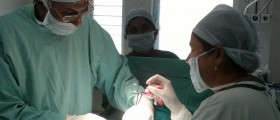

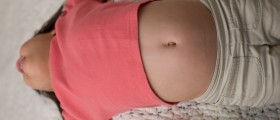
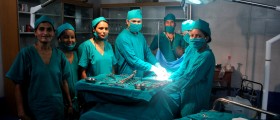

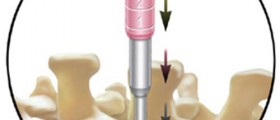


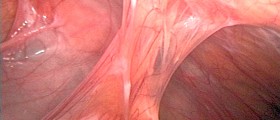


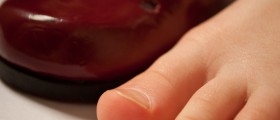



Your thoughts on this
Loading...